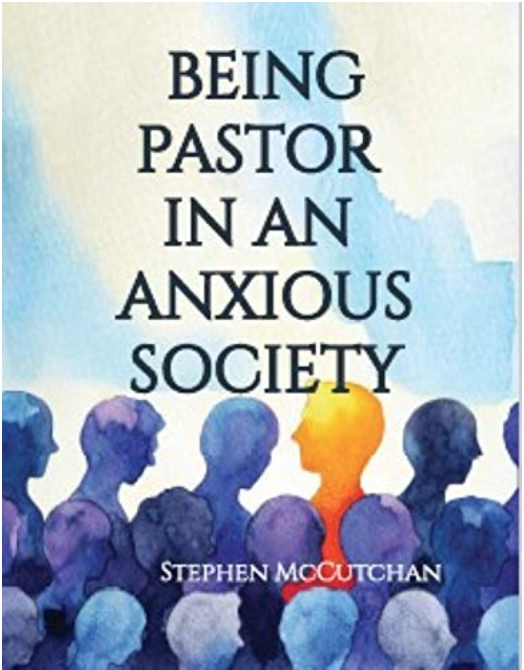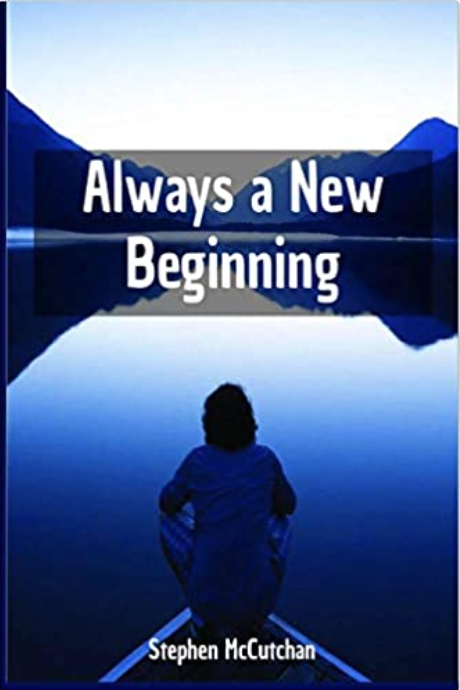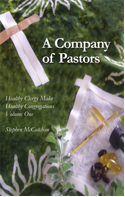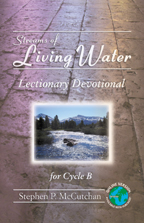Subscribe to Steve's Blog
Join 899 other subscribersMeta
Categories
- Books (27)
- BUILDING EMAIL LIST (2)
- CHURCH AND RACISM (5)
- Church in an Evolving World (198)
- Clergy (1,423)
- Clergy Families (75)
- Clergy Health (133)
- CLP (4)
- Comedy (88)
- Company of Pastors (38)
- CONFLICT (16)
- Congregations (320)
- Contest (7)
- Denominational Staff (35)
- Denominations (75)
- Educators (3)
- Elders (11)
- Emotional Health (118)
- ENVIRONMENT (1)
- ENVIRONMENT (1)
- Evaluation (25)
- Evangelism (21)
- FICTIONAL WORD THERAPY (23)
- Financial Health (28)
- GAMES (3)
- General Assembly 218 (8)
- God's Call (25)
- HCMHC (83)
- Healthy Good Byes (5)
- Hospitality (8)
- Hypocritical Oath of Pastors (10)
- Interim pastors (32)
- Liturgy (31)
- Multiple Staff (12)
- parables (10)
- Poetry (3)
- Presbytery (50)
- Psalm prayers (18)
- Questions (3)
- Racism (91)
- Retirement (22)
- Sabbath (8)
- Sabbaticals (30)
- Short Stories (13)
- Specialized Ministry (12)
- Spiritual Health (146)
- Thanks (4)
- Theological Fiction (84)
- Theological reflections (84)
- TRUST (19)
- Truth & Consequences (9)
- Twitter Theology (1)
- Uncategorized (31)
- Vocation (108)
Steve's Favorites

































